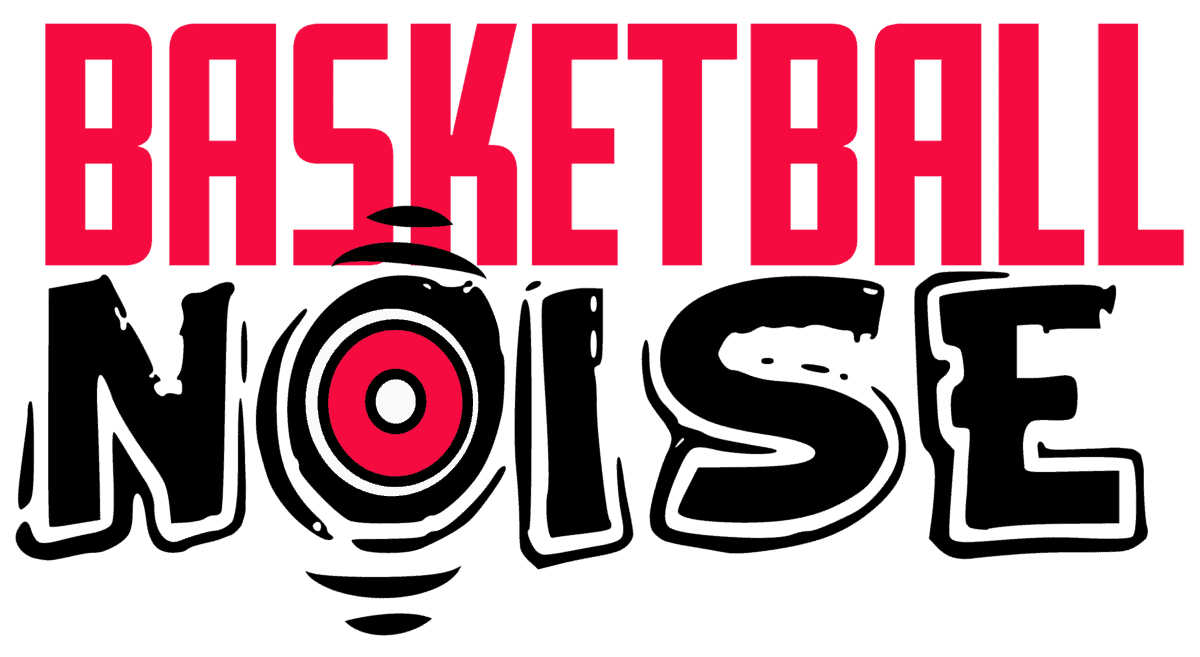In the NBA there are some legal terms and concepts that are difficult to understand at the first glance. There are some peculiarities regarding contracts, transfers, buyouts, that not everyone can comprehend. Therefore explanations are necessary to better grasp various details. A lot of viewers and lovers of the NBA are interested in a contract buyout.
What does a contract buyout mean in the NBA? If the team and the player are mutually interested in parting, they can agree on a buyout. The player gives up part of his guaranteed salary, and in return receives full freedom. After 48 hours he becomes an unrestricted free agent.
Depending on the situation, the player may opt-out of either a large part of the contract or lose almost nothing at all. We will also have a look at some of the most specific questions regarding contract buyouts, providing specific examples to explain things further.
What happens after 48 hours after a contract buyout?
It is a really interesting point. 48 hours after the buyout agreement, the player is on the waiver. Any team at this point can take over the player’s current contract. If several teams want to sign a player, a team that is lower in the standings will have the advantage. The team must have a place for the player in a roster or a sufficient salary cap.
This happens rarely. But, for example, in 2000, Chicago bought Bruce Bowen’s contract, and the Knicks and Heat also wanted him. Interestingly, it was probably the only day of the year when the New York Knicks were up in the standings than the Miami. So before joining the San Antonio Spurs, Bowen spent the rest of the season with the Heat.

If a player is taken from the waivers, the tames take over the remainder of his contract, and he is excluded from the salary cap of his former team.
Who can sign a “buyout” player?
As soon as the period of waivers passes, the player becomes an unrestricted free agent and can sign with any interested team. A team can sign a player if it is under the salary cap or using an exception.
Some teams in the NBA have a sufficient salary cap while others do not. But since most players sign minimum contracts after the buyout, this is not a problem for most of these teams. It is always necessary to consider because after the contract buyouts rarely you will see massive deals.
The regular season is 177 days long if we do not take some unexpected events, like the coronavirus pandemic in 2020, or lockouts. The deadline is on the 108th day. That is the player who signs the contract after the buyout can count on less than 40% of the new amount, whether it is “minimal” or “exception”.However, after the buyout money rarely becomes a determining factor for players.
Is it possible to demand a buyout?
This one is also interesting. Technically the answer to this question is yes – it is possible to demand a buyout, but there is no guarantee that the team will agree to it. We can provide an example of Jahlil Okafor who asked the Philadelphia 76ers to buy him out two years ago, but the team refused and then traded him to Brooklyn. Right now Okafor plays for the Detroit Pistons. In short, there could be some complications both from teams and players.

Is it possible to completely give up salary?
Yes, it is possible to refuse the salary. Though this will create an undesirable precedent from many points of view, so in practice, this is not possible. Such things have never happened in the NBA and barely any player will take on this step.
Why are some players waived and some bought out?
The main difference between these two is the size of the contract. The bigger the amount, the more sense it makes for the team to negotiate its reduction. For example, the Chicago Bulls negotiated a buyout with Wade, which resulted in him giving up more than $8 million (contract amount 23.8, Wade gave up 8.3, the total he received from Chicago was 15.5). Carmelo Anthony received 25.5 of Atlanta’s 27.9 million in long-term buyout negotiations. If we are talking about a “minimal,” it is easier for the team to waive the player without negotiations.
Is it possible to negotiate a buyout and then re-sign the player?
Actually, such a thing is possible, but not until a year from now. If there is more than a year left in the contract, it is only after the contract expires. The exception is a buyout with a full salary, in which case you can re-sign the player immediately.
Is it possible to exchange a player, wait for a buyout, and re-sign?
It is possible as well, but only in a year. In 2010, Cleveland traded Ilgauskas to Washington, where he was waived, and 30 days later he became a Cavaliers player again. The next collective agreement added a clause according to which the player can not be re-signed after the exchange within a year of the exchange.
The bottom line
Contract buyout in the NBA also has even more details but these are the simplest things that will give a proper insight into how such negotiations work. Contract buyouts always take a major portion of the NBA transfers, where players are leaving their teams and move to the other ones, agreeing to different salaries and terms.
